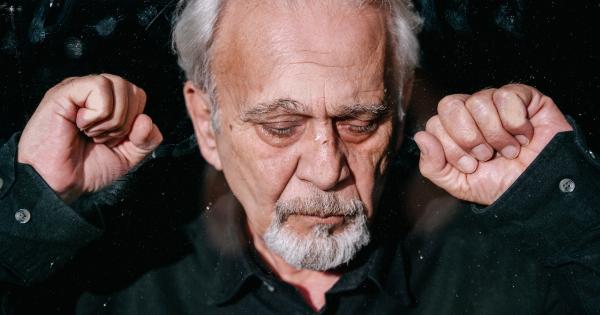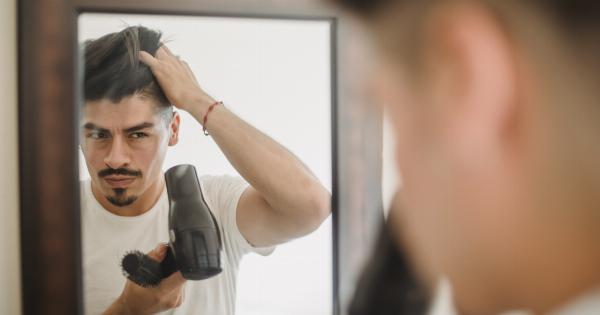Being an athlete requires a lot of dedication, discipline, and hard work. Athletes are always focused on improving their skills, strength, and endurance which often results in physical and mental stress.
This stress can cause hair loss which can be devastating for athletes who value their appearance. Fortunately, there are effective hair loss treatments that can help athletes maintain a healthy and full head of hair.
Causes of Hair Loss in Athletes
Hair loss in athletes can be caused by a variety of factors. The most common cause of hair loss in athletes is stress. The physical and mental stress that athletes experience can cause hair loss.
In addition, athletes who use anabolic steroids to enhance their performance can also experience hair loss due to the hormonal imbalances that result from steroid use.
Another cause of hair loss in athletes is wearing tight hairstyles such as braids, cornrows, or ponytails. These hairstyles put too much tension on the hair follicles, causing them to weaken and eventually fall out.
Other factors that can contribute to hair loss in athletes include poor nutrition, dehydration, and using harsh hair products.
Hair Loss Treatments for Athletes
There are several hair loss treatments that can help athletes keep their hair healthy and full. These treatments range from topical solutions to oral medications to surgical procedures.
Let’s take a closer look at some of the most effective hair loss treatments for athletes.
Topical Solutions
Topical solutions such as minoxidil are a popular hair loss treatment for both men and women. Minoxidil works by increasing blood flow to the hair follicles, which stimulates hair growth.
This topical solution is applied to the scalp twice a day and is available over-the-counter.
Another effective topical solution is finasteride. This medication works by blocking the production of dihydrotestosterone (DHT), a hormone that causes hair loss. Finasteride is available in a cream or foam and is typically applied once a day.
Oral Medications
Oral medications such as finasteride and dutasteride can also be effective in treating hair loss in athletes. These medications work by blocking the production of DHT and can help prevent further hair loss.
However, these medications can have side effects such as decreased libido, erectile dysfunction, and breast tenderness.
Another oral medication that has been shown to be effective in treating hair loss is spironolactone. This medication is typically used to treat high blood pressure but has also been shown to promote hair growth.
However, spironolactone can have side effects such as dizziness, fatigue, and menstrual irregularities.
Hair Transplant Surgery
If topical solutions or oral medications are not effective in treating hair loss, hair transplant surgery may be an option. This surgical procedure involves removing hair follicles from a donor area and transplanting them to the balding area.
Hair transplant surgery is considered to be a permanent solution to hair loss.
Prevention Tips for Athletes
Preventing hair loss in the first place is always the best course of action. Here are some prevention tips that athletes can follow to keep their hair healthy and full:.
- Avoid tight hairstyles that put too much tension on the hair follicles
- Eat a healthy and balanced diet that includes protein, iron, and vitamins B and D
- Stay hydrated by drinking plenty of water
- Avoid using harsh hair products
- Manage stress through exercise, meditation, or other relaxation techniques
- Take breaks between competitions and training sessions to allow your body to rest and recover
Conclusion
Hair loss can be a challenging issue for athletes who value their appearance. Fortunately, there are effective hair loss treatments that can help athletes maintain a full and healthy head of hair.
Topical solutions, oral medications, and hair transplant surgery are all viable options for treating hair loss. By following prevention tips such as avoiding tight hairstyles and maintaining a healthy diet, athletes can reduce the likelihood of experiencing hair loss in the first place.


























